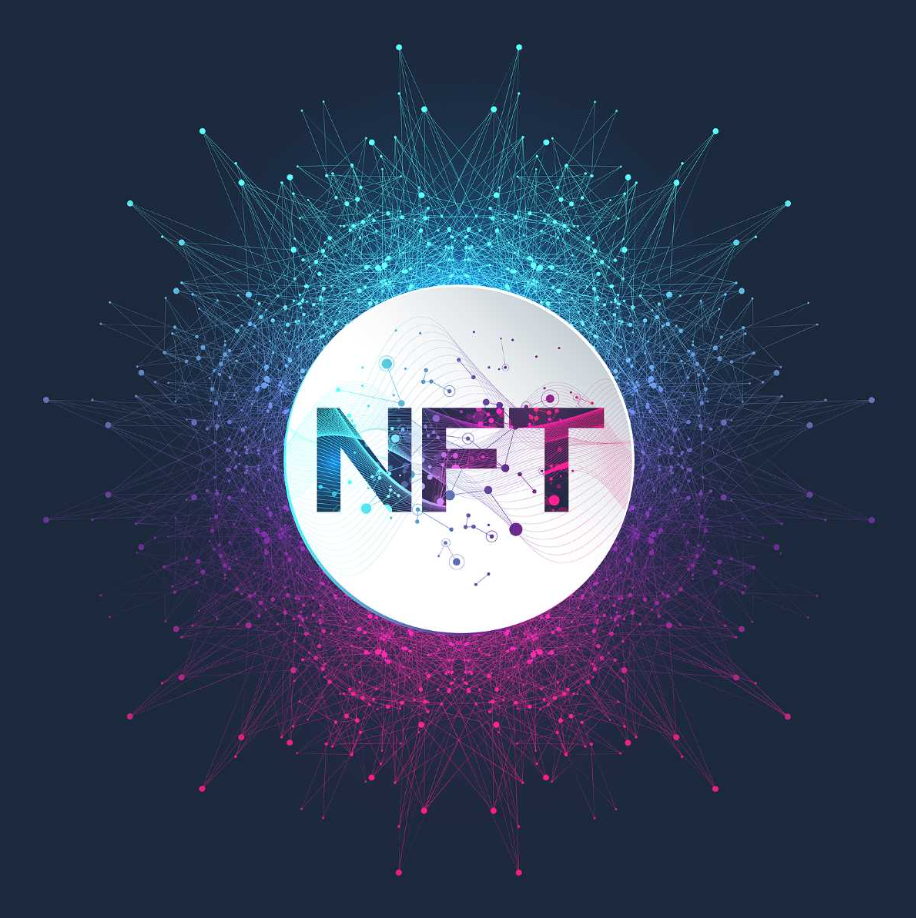Smart contracts are self-executing contracts that don't require third-party involvement. They automatically execute a program when specific conditions are met. Initially used in blockchain networks, smart contracts are now gaining traction in real-life applications.
Understanding Smart Contracts
Smart contracts automatically execute a program when predetermined conditions are met. These transactions are trackable and irreversible once completed. Smart contracts operate on a network of computers that automatically execute the program when the conditions are satisfied.
These contracts offer speed, efficiency, and accuracy to transactions, fostering trust and transparency without third-party involvement. Additionally, smart contracts provide security through encrypted transaction records that are difficult to hack.
Many researchers believe that smart contracts have the potential to surpass the inefficiencies and issues associated with traditional contracts. While smart contracts are permanent and unchangeable once executed, they are shaping the future of contract operations.
Real-Life Applications of Smart Contracts
Supply Chain Management
Smart contracts can streamline supply chain management by automating numerous steps, including shipping, inventory, and payments. This automation reduces delays and increases efficiency.
Real Estate Dealings
Smart contracts can significantly impact real estate transactions by automating processes like ownership transfers, title checks, and escrow payments.
Insurance Coverage Claims
Smart contracts can simplify the insurance claims process by automating claim submission and approval, streamlining the claims procedure.
Intellectual Property Rights
Smart contracts can automate patenting and copyright processes, including licensing, for content like music, software, and videos.
Voting Systems
Smart contracts can potentially enhance voting systems by automating processes like vote counting and recording, increasing transparency in the process.
Final Thoughts
Smart contracts are finding applications in various real-life scenarios, such as supply chain management, real estate dealings, insurance claims, intellectual property rights, and voting systems. They continue to emerge in new applications, including medical and agricultural contracts.
The future may see a surge in smart contract use cases, helping businesses cut costs, boost productivity, and improve customer satisfaction. To keep up with these advancements, businesses must adapt their operations to embrace the latest technologies.










